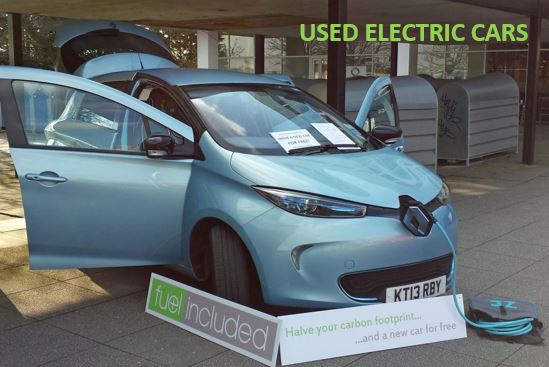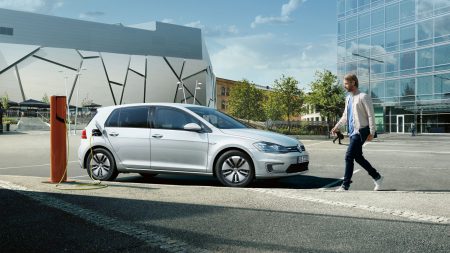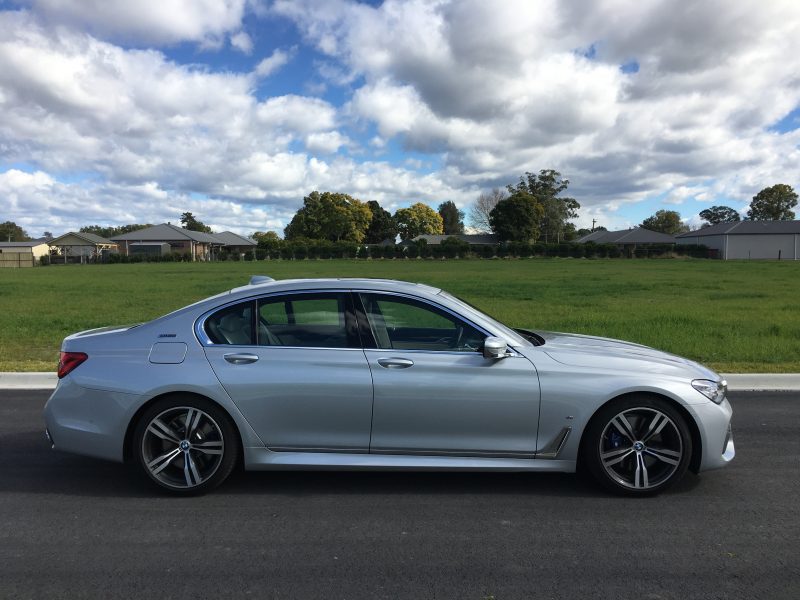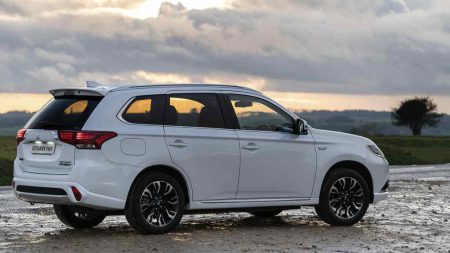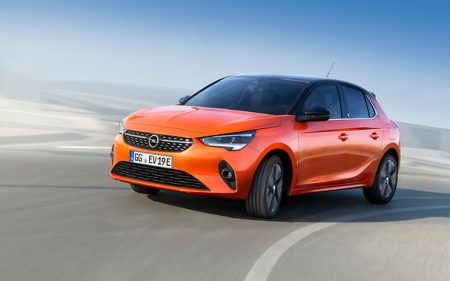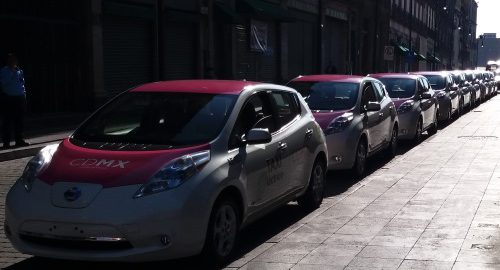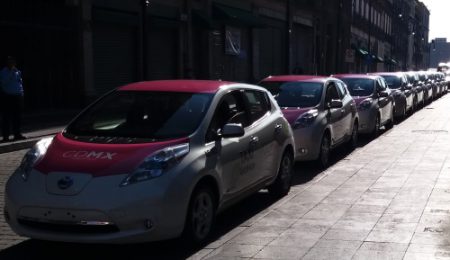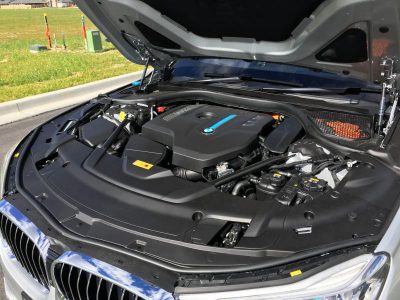Electric cars are “far more reliable” than petrol and diesel vehicles, according to one expert who spoke exclusively to Express.co.uk about how EVs were better than ICE vehicles.
The popularity of electric cars is growing massively, with the UK seeing its one-millionth EV registered last year, hinting at further growth to come.
With the 2030 ban on the sale of new petrol and diesel vehicles just a few years away, many are looking at electric cars as their next vehicle to purchase.
While some people will have concerns about the reliability of electric cars and whether they will suit their needs, many are confident that people will adjust.
Farhad Tailor, managing director at V12 Sports and Classics, spoke about his experience with electric cars and whether they are easier to maintain.
Speaking exclusively to Express.co.uk, he said: “Based on our experience, there are far less things that go wrong with an EV.
“For customers, they are far more reliable and cost-effective to maintain than an internal combustion engine vehicle.
“A typical annual service can take as little as half an hour as it just involves a visual check.”
He added that the same can be said for second-hand electric cars, despite some having fears of EV batteries degrading over time.
Read more: Express
It’s Time to Go Green!
If you would like to know more about Solar Panels and the PowerBanx range of home battery systems, and get a free instant quote, please complete our online form:

